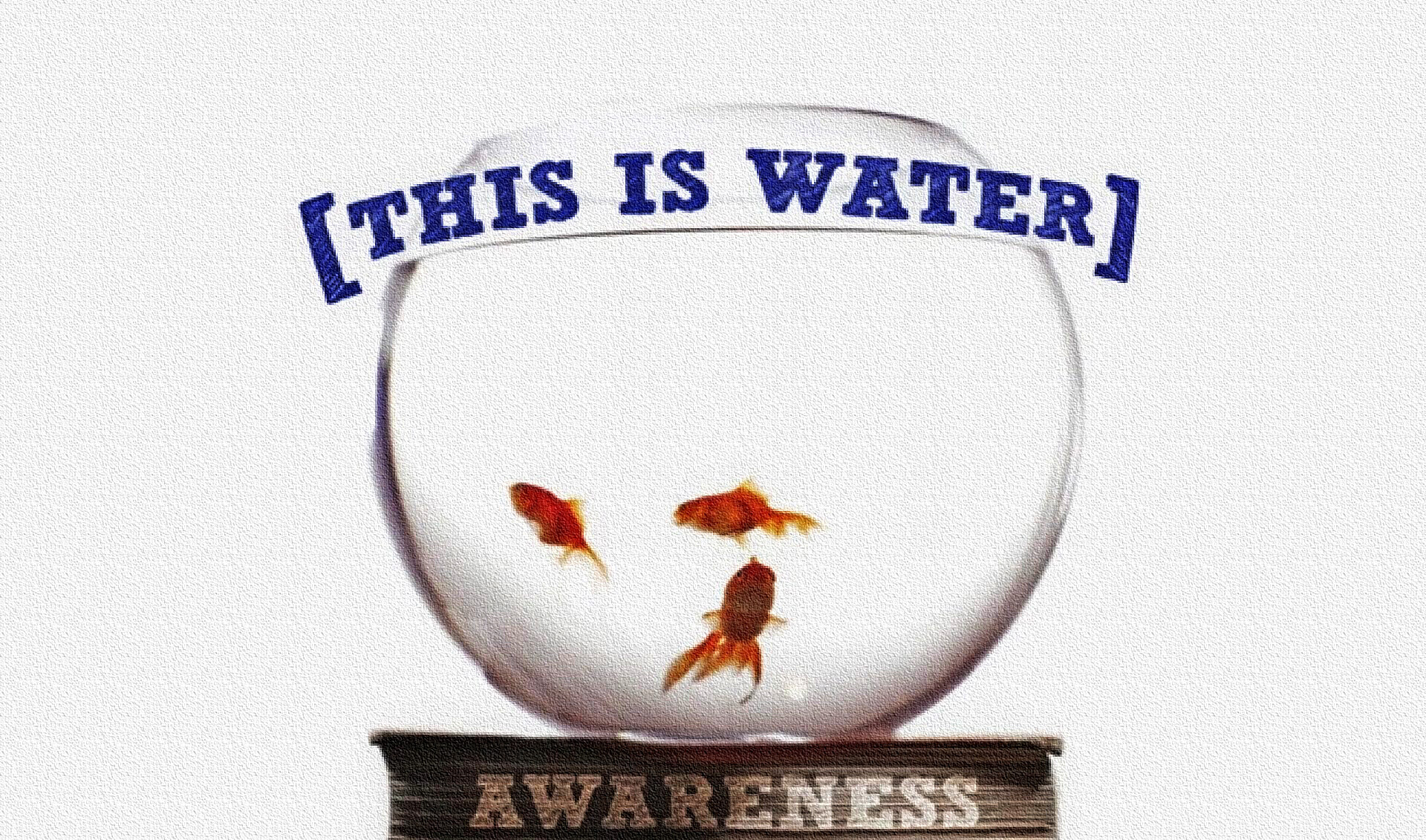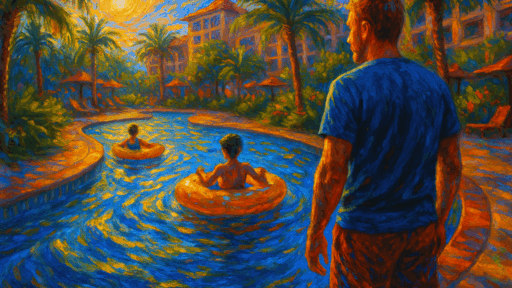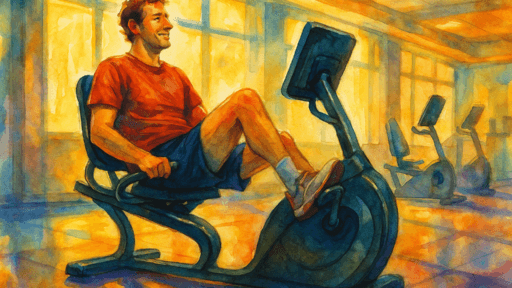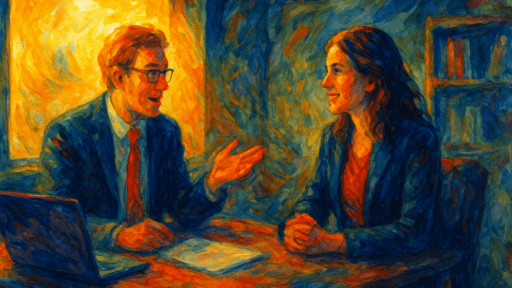Imagine for a moment that you’re navigating the intricate dance of rush-hour traffic, the pulsating rhythm of engines painting the soundscape of your journey. You’re trapped behind a car moving just a bit too slowly for your liking. You can feel the pressure building, the impatience frothing over. Your mind jumps to conclusions—“Look at this ****ing idiot! Why don’t they learn to drive? Why can’t they just speed up?”
I may…or may not… be speaking from personal experience.
But here’s a question—a fundamental one at that: why do we allow our immediate reactions, our conditioned narratives, to take control in these common, often overlooked moments of our existence?
Our minds—like well-oiled machines—swiftly and without our notice, weave intricate narratives about the world around us. The slow driver ahead of you becomes the villain of this chapter, a symbol of all things frustrating and inconsiderate. Your coworker who made a glaring error in the report? They’re cast as the unreliable sidekick, perhaps thoughtless, incompetent, or just apathetic. We’re so often the stars of our self-scripted dramas—and the world seems to revolve around us.
But let’s consider a different approach—an alternate script to our self-centered narrative. Imagine if the car ahead of you was not just an obstacle, but a vessel of human experience. Inside could be a new parent—their precious cargo wailing in the backseat—their heart thumping in rhythm with the infant’s cries. Or perhaps it’s a novice driver, their hands clutching the steering wheel, the overwhelming sense of responsibility casting a long shadow over their confidence.
And your coworker? Maybe they’re walking on a tightrope of personal and professional challenges, trying to balance life’s circus act while the world watches, waiting for them to trip.
This, my friends, is the start of empathy—understanding and sharing the feelings of others, forming a bridge of compassion across the chasm of our individual experiences. At the very least, it’s an additional option to consider as we walk through life.
In this famous talk, “This is Water”, David Foster Wallace speaks to this type of thinking:
“Of course, none of this is likely, but it’s also not impossible. It just depends what you want to consider. If you’re automatically sure that you know what reality is, and you are operating on your default setting, then you, like me, probably won’t consider possibilities that aren’t annoying and miserable. But if you really learn how to pay attention, then you will know there are other options. It will actually be within your power to experience a crowded, hot, slow, consumer-hell type situation as not only meaningful, but sacred, on fire with the same force that made the stars: love, fellowship, the mystical oneness of all things deep down.”
When we pause and reflect, it becomes apparent that life is composed of a multitude of diverse and hidden stories. Every story, each unique personal experience, adds to the intricate and multifaceted mosaic that makes up our collective human journey.
However, our perception of reality is often limited, providing a narrow view through a tiny window when there is a vast landscape stretching beyond our line of sight. Living a life of empathy demands that we push these boundaries, widening our lens to appreciate the beauty and diversity of experiences around us.
Now, let’s revisit our freeway metaphor. It’s not merely about cars and traffic—it’s a microcosm of life itself. Each vehicle represents a unique story—a cocoon of thoughts, dreams, fears, and experiences moving in concert with the rest. Just as the freeway brings together a variety of travelers—life too assembles a collage of human stories, each piece marked by its unique hue of experiences.
Wallace beautifully illustrated this concept in his ‘This is Water’ speech. He challenged us to see the water we’re swimming in, to recognize the subtle currents of life that shape our daily existence. In choosing empathy—we become active swimmers, not just aimlessly floating along. We begin to see the effect of our ripples, the waves our actions create, and how they influence the waters around us.
Moreover, embracing empathy unveils a beautiful paradox. As we delve into the complexities of others’ lives, we stumble upon a profound realization—our shared humanity. Despite our unique stories, we are bound together in the cosmic dance of life, individual stars contributing to the constellation of human existence.
So, let’s reimagine our journey through life. We are not solitary travelers on an endless highway—but voyagers embarking on a shared expedition. We are not separate cars trying to outpace each other—but fellow explorers navigating the intricate maze of human experience. By choosing love, kindness, and empathy—we not only enrich our journey—but also soothe the turbulent waters around us.
One last time from Wallace:
None of this stuff is really about morality or religion or dogma or big fancy questions of life after death. The capital-T Truth is about life BEFORE death.
It is about the real value of a real education, which has almost nothing to do with knowledge, and everything to do with simple awareness; awareness of what is so real and essential, so hidden in plain sight all around us, all the time, that we have to keep reminding ourselves over and over:
“This is water.”
“This is water.”





